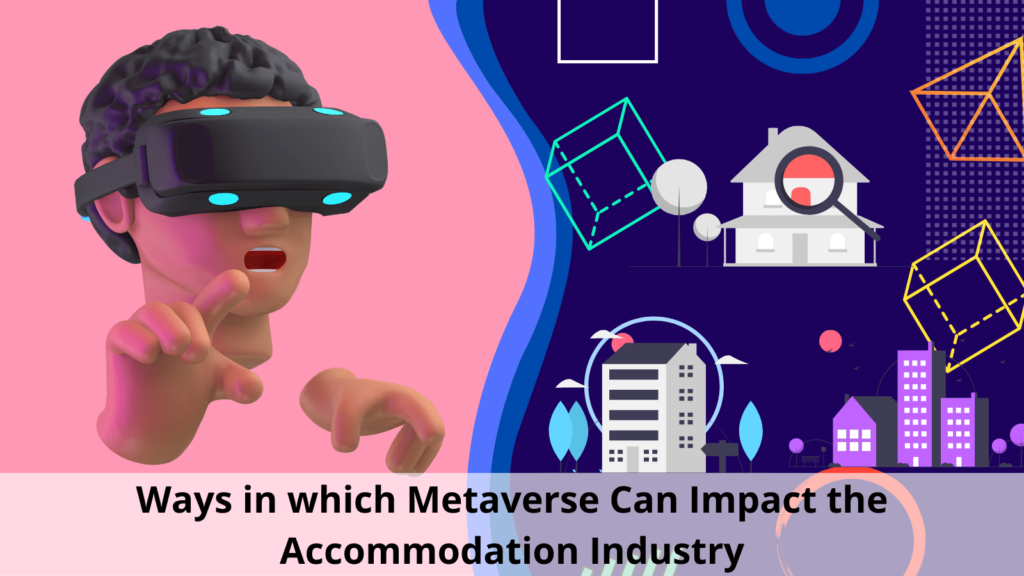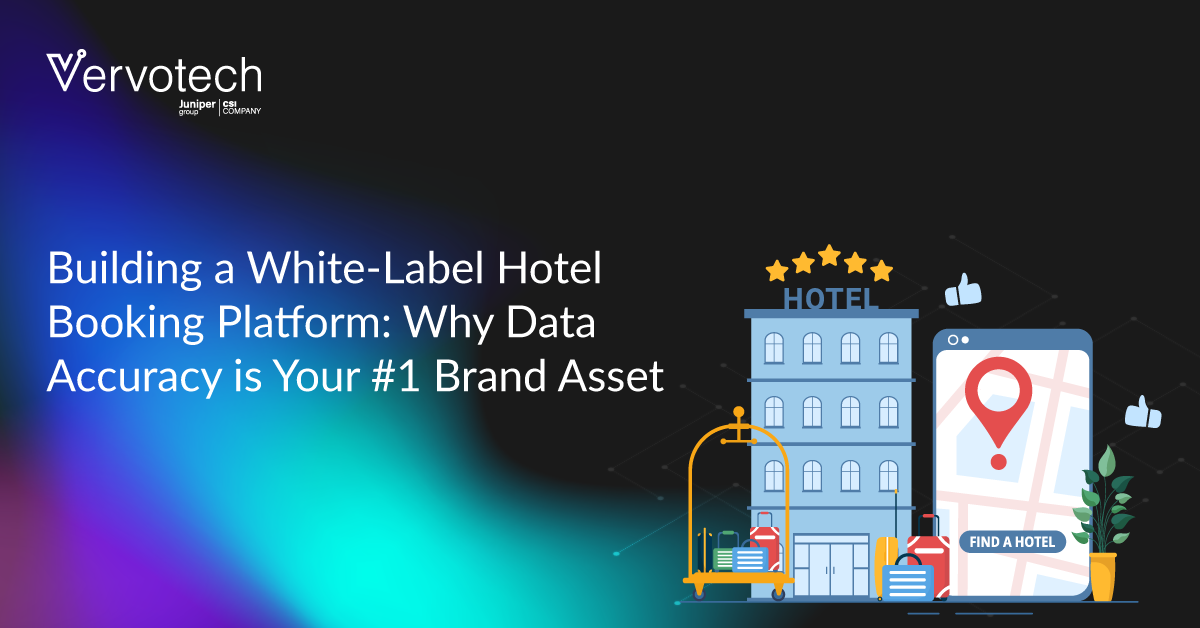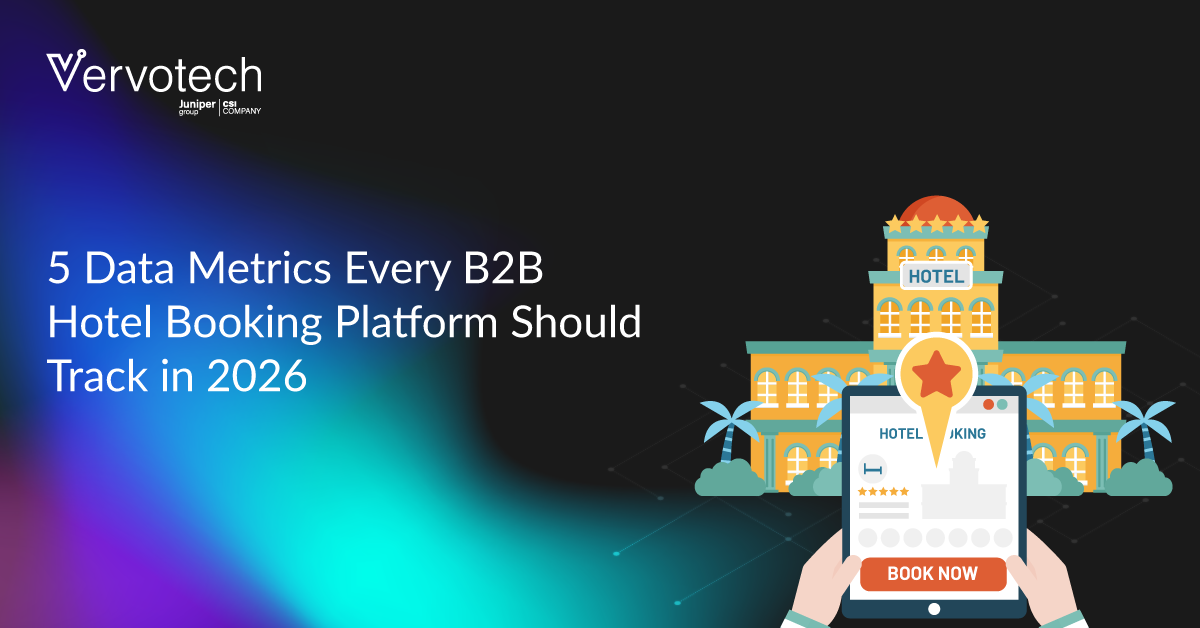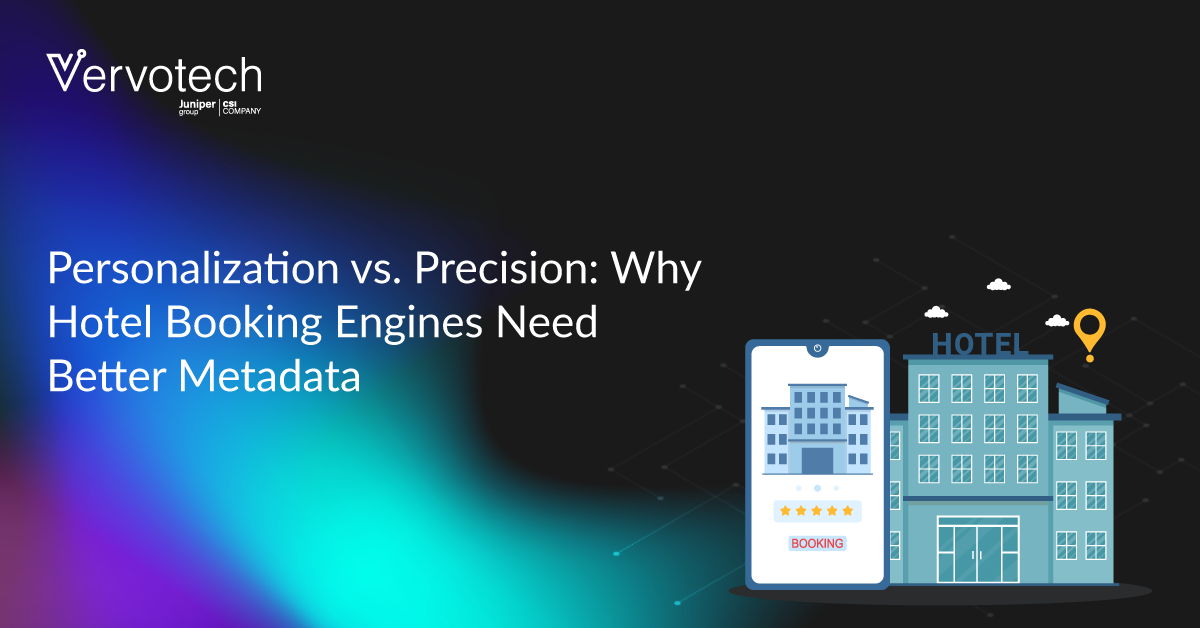Metaverse has become the hottest buzzword that has gained popularity within a few months of its announcement. It is expected to become the next Internet revolution. Thanks to Mark Zuckerberg, CEO of Facebook who unveiled the rebranding of his social networking company Facebook to Meta Platforms. Ever since the announcement, metaverse has got everyone’s attention. From brands such as Adidas, Nike to tech companies such as Microsoft, Nvidia, every company wants a slice of the metaverse. According to a Bloomberg Intelligence report, the metaverse market is expected to reach $800 billion by 2024.
What is Metaverse?
Metaverse was first coined in 1992, by sci-fi author Neal Stephenson in his novel Snow Crash, where he envisioned a digital 3D world in which users turned into avatars and interacted in a shared online space.
It is a parallel interactive world that leverages augmented reality (AR), virtual reality (VR), and mixed reality (MR) where users can virtually live within a digital world with the help of digital avatars. It will be more like our real world, where people can play games, celebrate birthday parties, go to a concert, work, shop and even own a piece of land!
However, everything about metaverse is hypothetical, yet. The irony is despite being hypothetical for now, It has seen massive investments. For example, in late November 2021, digital asset investor Tokens.com purchased a virtual plot of land in the Decentraland metaverse platform for $2.4 million worth of cryptocurrency. And digital real-estate is just soaring high, making it a multitrillion-dollar market.
Even though we are years away from it, the investments and rapid developments could make it a reality soon. And after retail and tech companies’ big bets on the virtual world, the hospitality industry must definitely try to incorporate metaverse too.
Also Read – Blue Ocean Strategy for the Hotel Industry: A Way to Carve Out a New Market
Metaverse in Hospitality Industry
Global travelers rely heavily on modern technology, especially the younger generations such as millennials and Gen Zs. From mobile check-in, bots, to QR-coded menus, technology has become the backbone of a successful guest experience. Metaverse can take the personalized guest experience to the next level. If hotels bring a flavor of a metaverse in their customer experience strategy, then there could be a huge potential for them to improve their business performance and revenue.
Let’s find out three ways metaverse can transform the accommodation space.
1. Redefine guest booking experience
When the modern traveler plans for any holiday trip, they expect a smooth and memorable journey. And it begins right from accommodation research. With metaverse, OTAs and hoteliers can provide their customers with a first-hand experience of room booking, such as room size, amenities, value-added services, etc. This ‘try before you buy’ experience will give a sense of confidence to the traveler before booking their stay. Additionally, this will increase the direct booking rate and improve business revenues.
Recommended: Five Ways World Travel Industry Digitalizing Journeys
2. 3D virtual hotel tours
Who wouldn’t love a virtual hotel or resort tour before finalizing a hotel property for a holiday or business trip? Many companies offer virtual, 360-degree, 3D hotel tours to attract visitors, but with metaverse in place, travelers can be transported to the hotel property and virtually walk through the entire property and decide whether it matches their tastes. This will make it easier for them to choose and help hoteliers to gain more customers and get an edge over their competitors.
3. Virtual itinerary
According to a new study, more than eight in ten American Gen Z and millennial travelers desire a unique experience for their next trip. With metaverse, hotels and resorts can give their guests a virtual itinerary about the nearby landmarks, museums, historical sights, etc. that can enrich their experience. Additionally, hotels can even offer personalized itineraries based on their needs and likings, which will improve guest engagement and help hotels remain competitive.
Recommended: Five Emerging Technology Trends in Travel Industry
What is the Future of Metaverse?
Metaverse in the hospitality industry will create a personalized experience that will build brand loyalty. Currently, there is a mixed reaction for metaverse in the hospitality industry. Thought leaders are seeing a huge market for metaverse, while some believe it can’t replace the feeling of authentic traveling through digitization. However, consumers, especially the younger generations are excited about metaverse. Once metaverse is in action, only the early adopters can reap its benefits. Now is the time to identify where and how can the accommodation industry accommodate metaverse to satisfy the changing needs of tech-savvy travelers.







